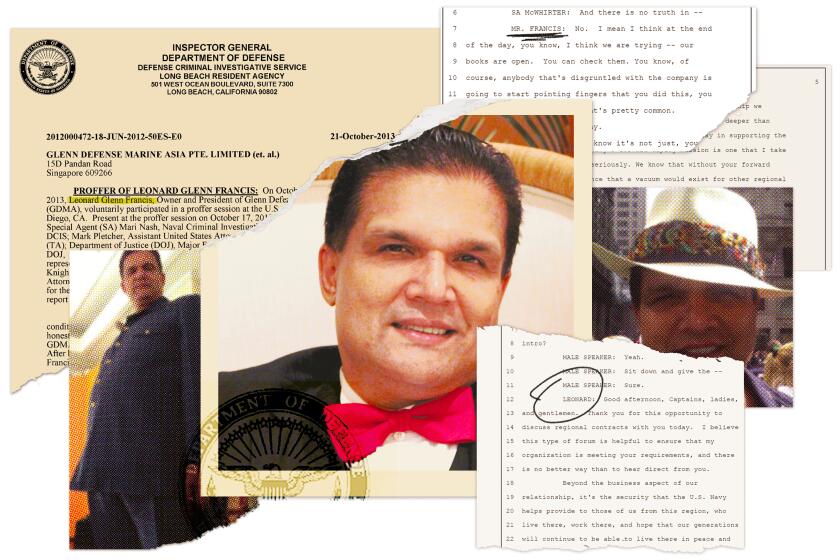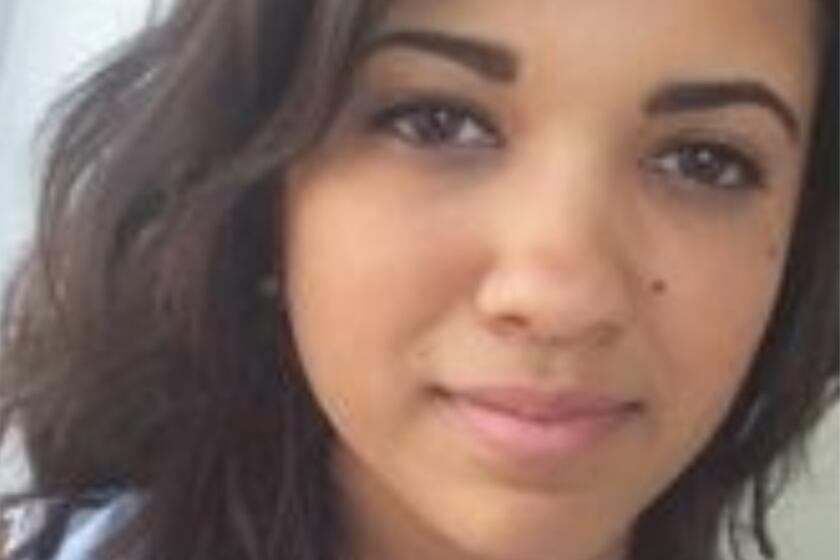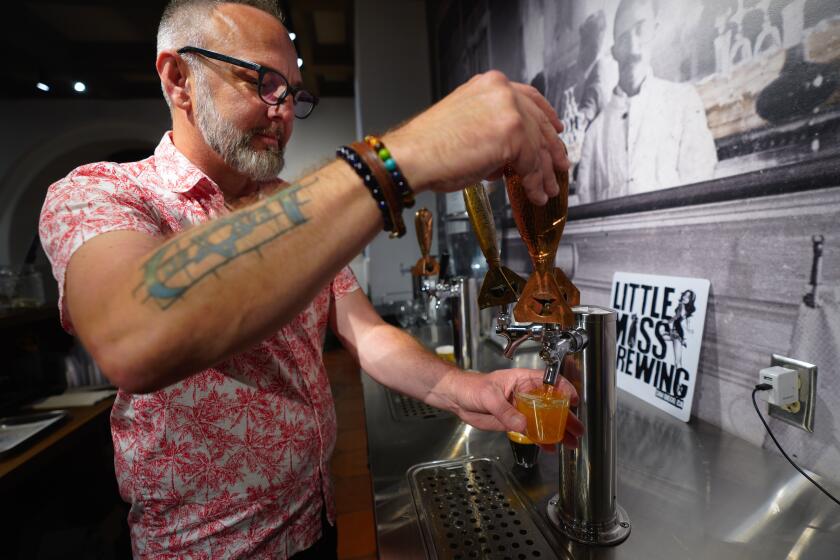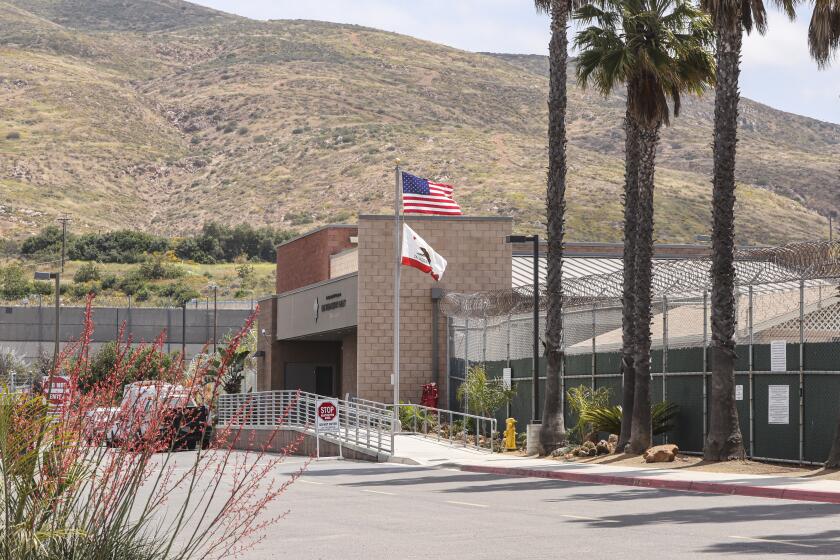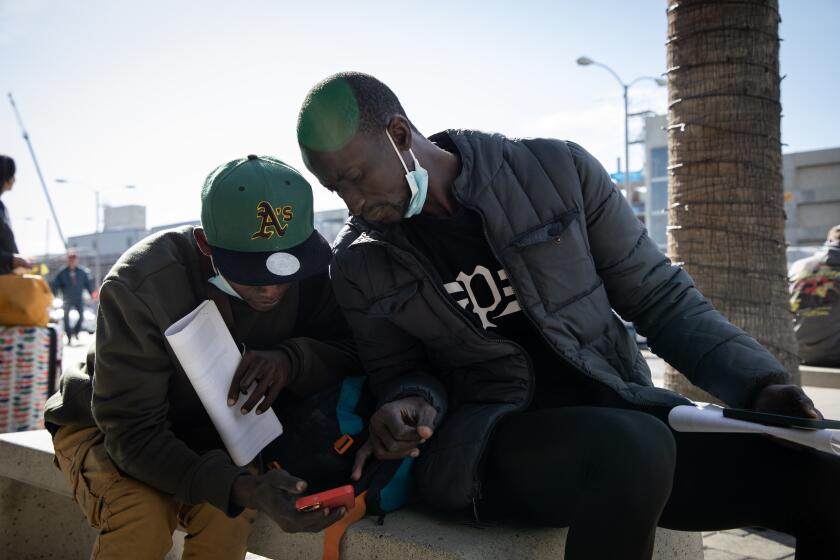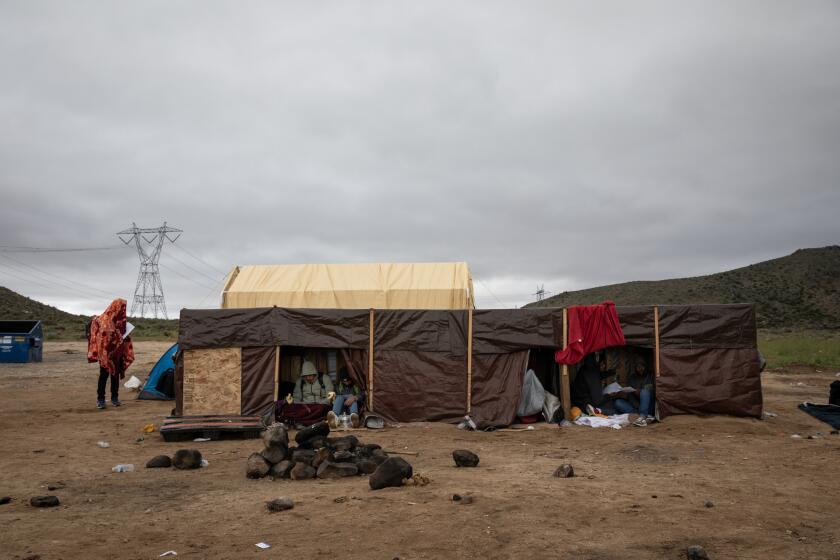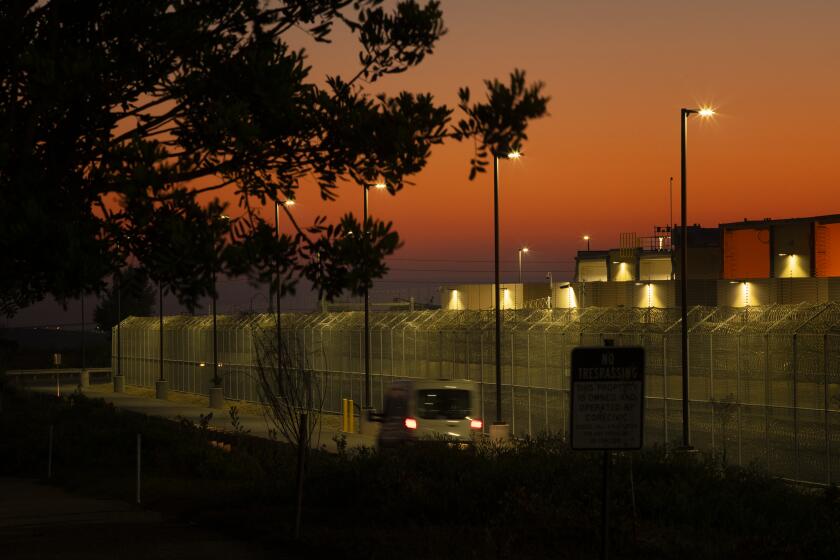Program allowing some minors from Central America into U.S. halted
The Department of Homeland Security announced Tuesday it plans to shut down a program that offered some children and young adults from three Central Amercian countries a chance to lawfully immigrate to the U.S. to join their parents.
The decision will close down a portion of the Central American Minors program, established in 2014 under President Obama as a way to slow the stream of minors from strife-torn Central American countries.
The program allows unmarried youths under 21 years old from El Salvador, Honduras and Guatemala who had one parent who had lawful status in the U.S. to apply for refugee status, from their home country.
If the refugee status was denied. they could still be allowed into the U.S. under humanitarian parole, a way to legally be in the country that is not permanent but must be renewed periodically.
In an announcement to be published in the Federal Register today DHS said that it was terminating the humanitarian parole part of the CAM program.
Children and young adults can still seek refugee status , but if that is denied the parole option will no longer be available.
No reason was given for the change to the program, though the administration of President Donald Trump has made both choking off the flow of youths and families from Central America and tightening the legal immigration avenues a priority as part of its overall crackdown on immigration.
A Jan. 25 executive order on border security signed by Trump specifically singled out the “abuse of parole and asylum provisions” in the nation’s complex immigration schemes.
One section said the parole provisions should be used sparingly and “only when an individual demonstrates urgent humanitarian reasons or a significant public benefit derived from such parole. “
The program began in 2014, and in late 2016 it was expanded to allow additional family members to apply. But that expansion came late in the Obama presidency and because of the length of time it takes to review, investigate and approve an application no one has been admitted under the expanded rules.
Earlier this year the State Department said 11,000 people had applied to the program and 2,400 had been admitted. Another 2,700 individuals had been granted conditional parole but had not yet traveled to the U.S., according to Lisa Frydman with the Kids In Need Of Defense, an advocacy group in San Francisco.
The announcement said that those conditional approvals are now rescinded. Frydman and others said such a move will likely drive some to make the hazardous journey from Central America to the southwest border and try to enter illegally — the exact outcome the program was meant to attempt to curtail.
“We’re talking about children who were found to be in danger, or to fear for their lives,” she said. “This program was launched really as a way to provide a safe and orderly path for Central American children in danger to arrive in the U.S.as an alternative for the dangerous migration journey.”
She said the closing the program down will impact thousands of families. “This administration has totally slammed the door on them” she said.
While the program was narrowly targeted on three countries it was still valuable, said Vanessa Ceceña, Department Director of Immigrant Services for Catholic Charities in San Diego.
The organization has currently one CAM case, invloving a father who is a legal permanent resident from Guatemala who is attempting to get refugee status for three of his children in his native country.
“Even though this program was limited, many families could benefit from it because of the humanitarian parole part of it,” she said. “This leaves people without that option. they go back to square one.”
Twitter: @gregmoran
Get Essential San Diego, weekday mornings
Get top headlines from the Union-Tribune in your inbox weekday mornings, including top news, local, sports, business, entertainment and opinion.
You may occasionally receive promotional content from the San Diego Union-Tribune.

